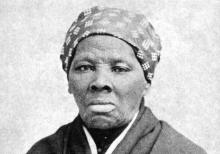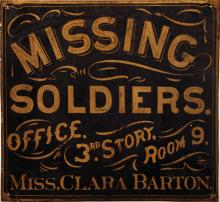The Advisory Council on Historic Preservation (ACHP) has approved a policy statement for federal, state, and local government entities facing decisions about the management or disposition of controversial commemorative works, such as memorials, statues, markers, or other landscape features honoring divisive historical figures or events.
The ACHP voted at its March 22 business meeting in Washington, D.C. to approve the policy statement to assist these entities in achieving a balance between the past, present, and future in the case of these commemorative works. This includes federal agencies complying with the review requirements of Section 106 of the National Historic Preservation Act.



